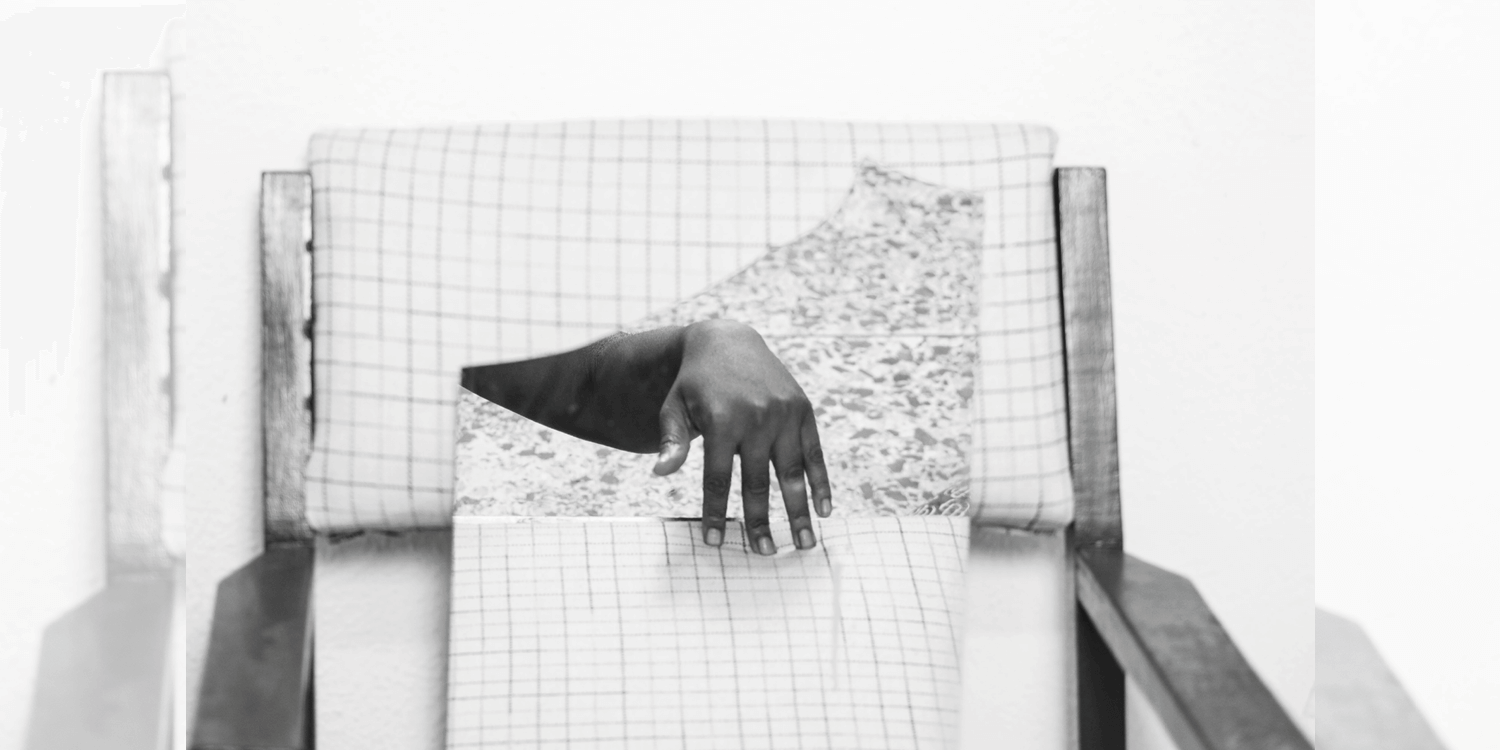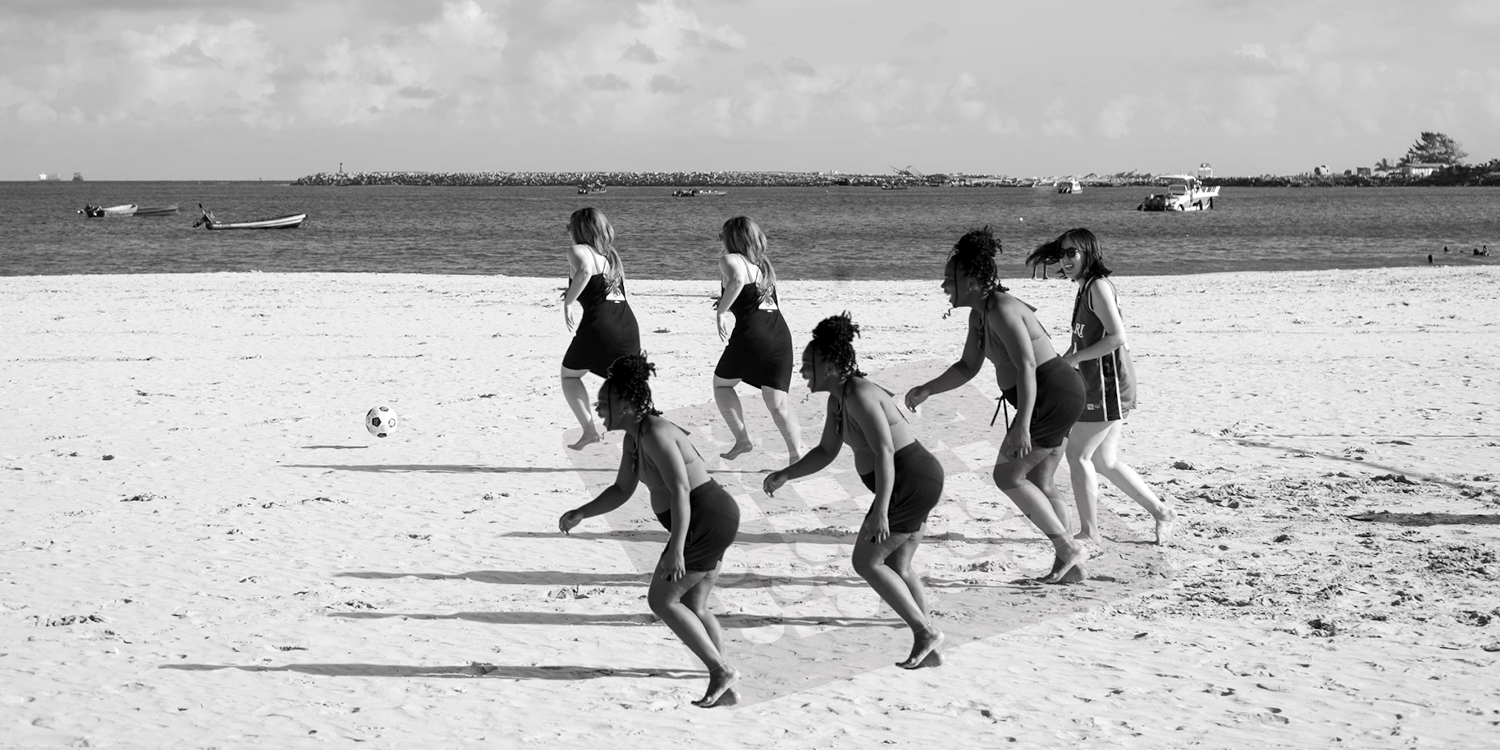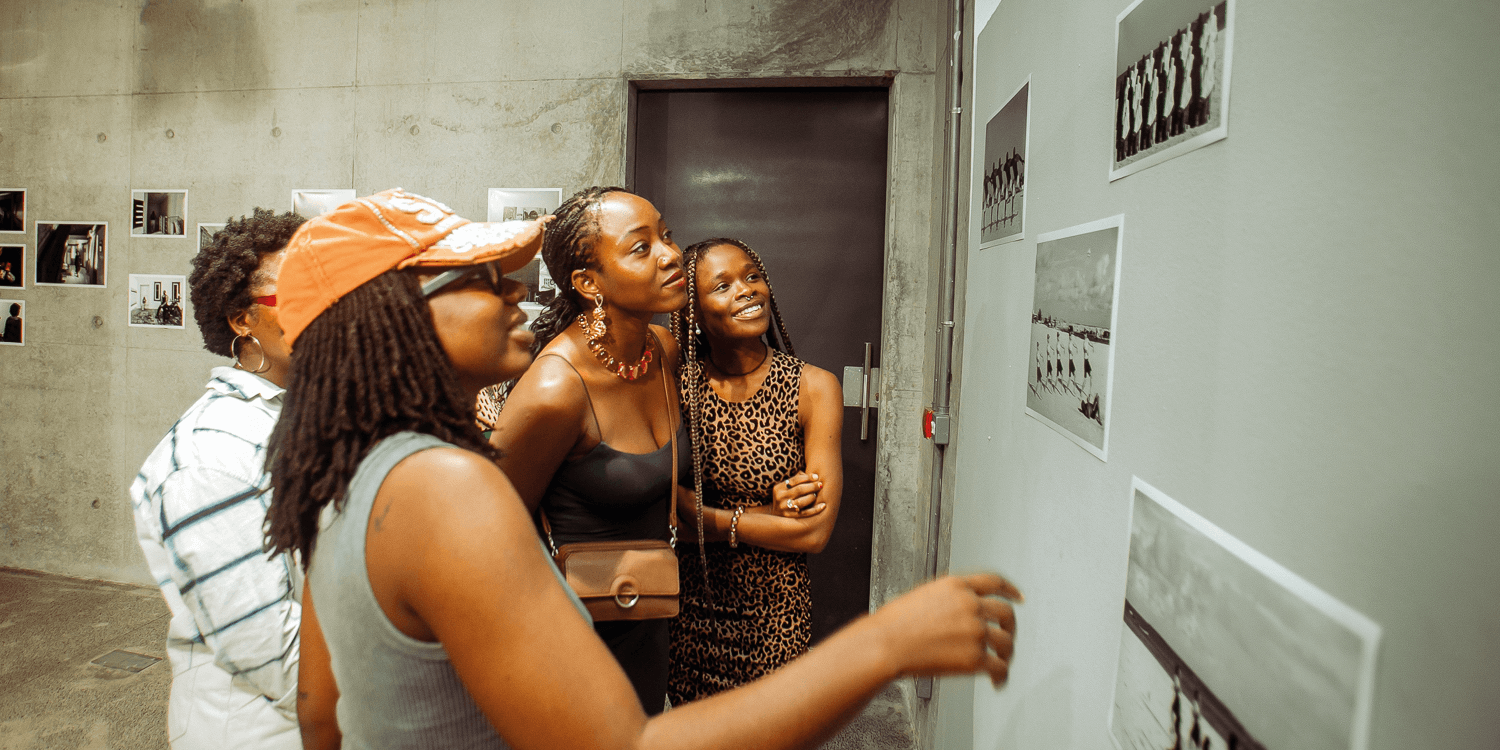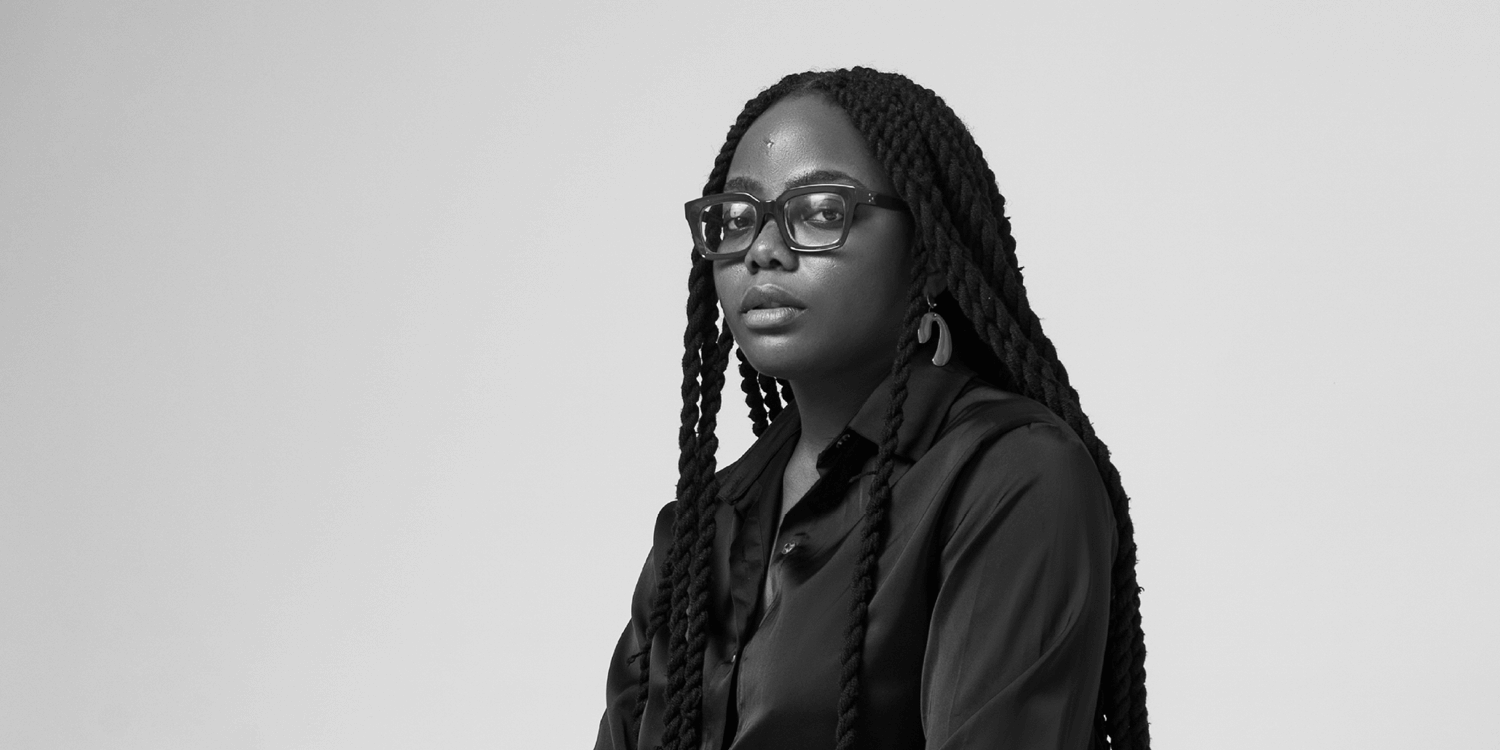Earlier this week, we had the pleasure of welcoming Nengi Nelson, an independent photographer and visual storyteller, to G.A.S. Lagos for her residency. Based in Lagos, Nengi’s practice spans photography and moving image and is deeply rooted in themes of identity, choice, vulnerability, and social acceptance. She approaches her work as a means of introspection, using visual storytelling to question notions of “being” beyond societal norms particularly within African contexts.
Her expectations for her three-week residency centre on two primary objectives which is to begin a research-led visual archive of Nigerian hands, and to explore new techniques for paper-making. For Nengi, hands are more than functional tools; they are quiet archives that hold memory, labour, and possible cultural significance. Through a combination of research and portraiture, she hopes to investigate what hands can reveal about place, tribe, and identity across Nigeria’s diverse regions. In addition to this, she plans to dedicate time to experimenting with handmade paper techniques, further deepening her material exploration. Nengi is keen to connect with lecturers and researchers in anthropology to gain academic insights and strengthen the theoretical foundation of her work. She is also eager to collaborate with a research assistant or participate in guided sessions to help deepen and structure her research process.
 Untitled, 2024, from the photo series 'See Me'. Image courtesy of Nengi Nelson.
Untitled, 2024, from the photo series 'See Me'. Image courtesy of Nengi Nelson.
What is the current focus of your creative practice?
I’ve always been curious about identity and community, and they keep showing up in my work in different ways, sometimes separately, sometimes overlapping. I’m really interested in how who we are as individuals connects with the communities we belong to, and how those communities shape us in return. My work is about exploring those connections, the stories people carry, and how our sense of belonging can be both personal and collective. It’s about understanding the small moments that tie us together, as well as the things that make us different.
What drew you to apply for this residency and how do you think it will inform your wider practice?
I’ve always wanted to be part of G.A.S. because of all the amazing feedback I’ve heard from past residents. It’s clear that G.A.S. offers artists a rare opportunity to dive deeply into their practice and personal growth, something that’s hard to find elsewhere. I’m especially drawn to the G.A.S. Library and Picton Archive, which I’ve heard is a treasure trove of resources. I believe it will be incredibly helpful in advancing my current and future projects. For me, this residency is a unique chance to grow, reflect, and push my work to new heights.
 Stay and play, 2024, Photography. Image courtesy of Nengi Nelson.
Stay and play, 2024, Photography. Image courtesy of Nengi Nelson.
Can you give us an insight into how you hope to use the opportunity?
I’m really excited to deepen my understanding of storytelling, especially the critical skills that help me connect personal narratives with broader socio-cultural themes. I hope this residency will sharpen my ability to weave stories that resonate both intimately and collectively.
I’ve been fascinated by hands for as long as I can remember not just for what they do, but for what they hold. In Nigeria’s diverse cultures, hands reveal rich stories of identity, place, and history. During the residency, I plan to research existing work on hands in the Nigerian context and photograph hands from across different regions to build a visual archive. At the same time, I would love to experiment with new techniques for paper-making. Overall, I see this residency as a chance to refine my research and creative practice, enabling me to tell deeper, more layered stories.
RESIDENCY ARCHIVE
Event: Residency Open Studio
Event Date: June 5th, 2025
On June 5th, 2025, G.A.S. Lagos hosted Residency Open Studio, a presentation and walkthrough of photography projects by independent photographer and visual storyteller Nengi Nelson, whose practice explores themes of identity, memory, and perception. Designed as an intimate and informal gathering, the Open Studio invited guests to engage with three distinct bodies of work: All the Places I Have Lived, Multiplicity: A Study on Play, and Midnight Snack, developed over the course of her photographic journey.
 Guests at G.A.S. Lagos engaging with Multiplicity: A Study on Play, a photography project presented on June 15th, 2025.
Guests at G.A.S. Lagos engaging with Multiplicity: A Study on Play, a photography project presented on June 15th, 2025.
ABOUT NENGI NELSON
Nengi Nelson is a Lagos-based freelance Photographer and visual storyteller. She explores identity, choice, vulnerability and social acceptance in her works. For her, identity serves as a means to introspect and question ‘’being’’ beyond social norms, especially in African spaces. She explores choice, how humans decide who they become and the factors that permit identity in individuals.
 Photo of Nengi Nelson. Image courtesy of Kunmi Owopetu.
Photo of Nengi Nelson. Image courtesy of Kunmi Owopetu.